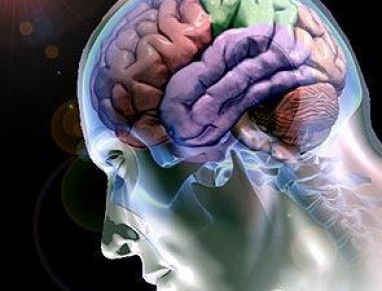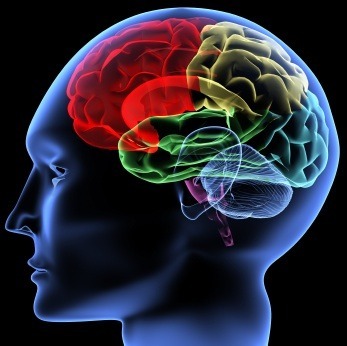Posts Tagged ‘substance-abuse’
Take cognitive/ emotional assessments and therapies to scale
—– Looking forward to the virtual summit next week…we can’t wait to explore and discuss, on Tuesday, December 6th — how to Take cognitive/ emotional assessments and therapies to scale. Three digital health entrepreneurs–who have collectively raised over $75 million in venture capital in the last 18 months– and an investor will discuss their respective visions…
Read MoreFor college students, mental health screening kiosks offer ‘Check-Up from the Neck Up’
. A ‘Check-Up from the Neck Up’ — Mental Health Screening Kiosks at Drexel (Drexel Now): “During their time in college, most students learn the importance of looking out for their own health. However, some miss the connection that their mental well-being is just as important as keeping a regular exercise regimen or eating the right diet
Read MoreNext in mental health, substance abuse: Preventive interventions to strengthen working memory
— Strong working memory puts brakes on problematic drug use (Medical Xpress): “Adolescents with strong working memory are better equipped to escape early drug experimentation without progressing into substance abuse issues…Most important in the picture is executive attention, a component of working memory that involves a person’s ability to
Read MoreThree Ways to Bring Mindfulness Into Therapy
— Many therapists have come to regard cultivating moment-to-moment awareness as a curative mechanism that transcends diagnosis, addresses underlying causes of suffering, and serves as an active ingredient in most effective psychotherapies. The clinical value of
Read MoreWhy brain training needs to be better targeted, and more widely available
— ADHD, substance abuse and conduct disorder develop from the same neurocognitive deficits (Medical Xpress): “Researchers at the University of Montreal and CHU Sainte-Justine Research Centre have traced the origins of ADHD, substance abuse and conduct disorder, and found that they develop from the same neurocognitive deficits, which in turn explains why they often occur…
Read MoreMay Update: Brain Training in Mental Health Toolkits for Prevention and Rehabilitation
The use of a variety of brain training interventions is growing in the area of mental health. Emerging evidence suggests that in the near future targeted brain training may even be used to prevent substance abuse. For example, training working memory may reduce substance abusers’ discounting of long-term rewards and punishments — such discounting is…
Read More





